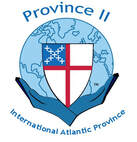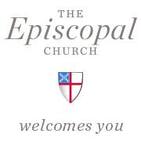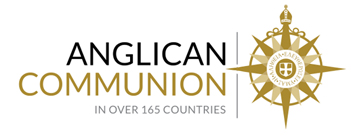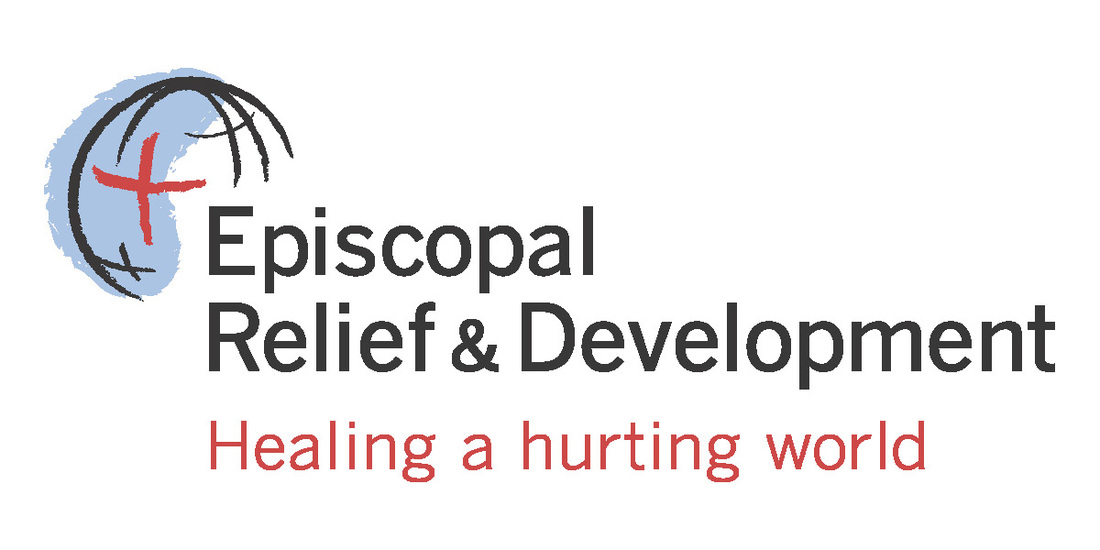 In an interview in 1969, author James Baldwin said, “I don’t don't know what most white people in this country feel, I can only conclude what they feel from the state of their institutions. I don’t know if white Christians hate Negroes or not, but I know we have a Christian church which is white and a Christian church which is black. I know, as Malcolm X once put it, the most segregated hour in American life is high noon on Sunday. … I don’t know whether the labor unions and their bosses really hate me. But I know I’m not in their unions. I don’t know if the real estate lobby has anything against black people, but I know the real estate lobby is keeping me in the ghetto. I don’t know if the board of education hates black people, but I know the textbooks they give my children to read, and the schools that we have to go to.” In the 55 years since Baldwin made that statement, much has changed but much has not. Racism and the advantages it gives some and the disadvantages it gives others still exist. One reason institutional racism has been able to live on unabated is because the action of race and racism is kept hidden and denied. But the Anti-Racism Commission (ARC) of the Diocese of New Jersey has been providing anti-racism training for about two decades to help bring racism into the open so that it can be recognized and dismantled. The need for training has not diminished over the years. The Anti-Racism Training curriculum builds awareness of racism in education, religion, government, justice, real estate, finance, news media, and, in fact, almost all American systems and institutions. This Spring and Fall, ARC is offering several training options. The Spring and Fall online training consist of five consecutive Friday-evening two-hour Zoom classes that feature conversations about personal experiences with racism. A follow-up online sixth class is held about a month later. In between the Friday meetings, participants complete self-study material that consists of recorded lectures, videos, and articles. An in-person training will be held in Trenton on two consecutive Saturdays with some homework material in between. Comprender El Racismo Para Las Comunidades Hispanas will be taught online on two consecutive Saturdays entirely in Spanish and with content that is culturally relevant for Hispanic communities. The fee for the online courses is $100 per person. The fee for the in-person training is $150 per person (includes continental breakfast and lunch both days). Financial aid is available, if needed. (If you are a Deputy to the General Convention, use code GC2024 when you register to get a discounted fee to the Spring online, the in-person and the Spanish online courses that is subsidized by The Episcopal Church’s Office for Racial Reconciliation.) Everyone who has attended all classes session and completed all the self-study material will receive a Certificate of Completion. Missed online classes can be made up in a subsequent session to receive a Certificate. Register for Anti-Racism Training
In addition to the Anti-Racism Training, ARC also conducts two-hour anti-racism workshops for parishes in transition, makes presentations at convocation meetings, Vestry retreats, and other group meetings; and holds conferences and other events to build a knowledgeable and empowered group of anti-racists.
If you’re interested in learning more, please contact Canon Karen Moore, co-chair of the Anti-Racism Commission. Comments are closed.
|
Archives
April 2024
Categories |

 RSS Feed
RSS Feed



